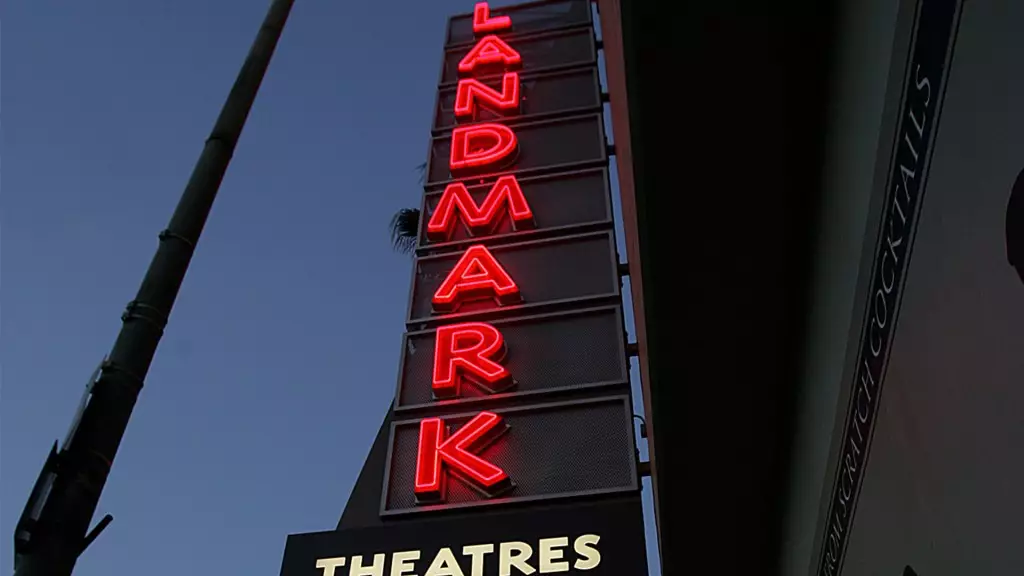In the realm of New York real estate, few cases draw as much scrutiny as that of Charles Cohen and Fortress Credit Corp. Cohen, a prominent real estate mogul, is currently embroiled in a contentious legal battle over a $530 million loan that has placed him at the center of a looming auction for key assets. At stake are not only the financial implications of the deal but also the broader consequences for the New York real estate market.
Cohen’s legal challenges escalated when a New York State Supreme Court judge ruled in favor of Fortress Credit Corp., finding Cohen liable for a personal loan guarantee of $187 million. The court’s decision came as a blow to Cohen, particularly with an auction scheduled for November 8, which could potentially reshape the ownership landscape of several high-profile properties. Among these assets are the Landmark Theaters, the British arthouse chain Curzon, as well as multiple hotels, a design center, and an office tower.
The Background of the Dispute
The crux of the dispute lies in a $530 million loan backed by the aforementioned properties, which Fortress initiated legal proceedings against Cohen after he allegedly defaulted on the agreement. This lawsuit has sparked significant interest, as the potential sale represents one of the largest real estate transactions in New York’s history, regulated under the Uniform Commercial Code. Such a precedent could have lasting effects on future lending and borrowing practices in the region.
Cohen’s defense hinges on claims that informal communications, specifically a series of emails exchanged between his team and Fortress, indicated a mutual agreement to extend the loan. However, the court ruled against him, asserting that those emails lacked the necessary legal clarity to constitute a formal agreement. This ruling not only casts doubt on Cohen’s defense but also raises critical questions about the enforceability of informal negotiations in high-stakes financial environments.
The Appeal Process: Next Steps and Implications
In response to the ruling, Cohen has filed a notice to appeal with the Appellate Division, First Judicial Department, marking another chapter in this unfolding legal saga. His team has six months to file a formal appeal, a process that remains unlikely to disrupt the impending auction. The appeal raises essential legal questions, specifically whether the Supreme Court judge should have dismissed Cohen’s motion and the validity of the alleged default.
The implications of this case extend beyond the immediate concerns of Cohen and Fortress. Real estate investors and stakeholders within New York are watching closely, as the outcome could influence the financing landscape, particularly how loans are structured and enforced in future transactions. Furthermore, the handling of Cohen’s appeal could set new precedents in the legal interpretation of contractual obligations within the real estate domain.
As Charles Cohen navigates his legal battles against Fortress Credit Corp., the stakes remain extraordinarily high, not just for himself but for the broader real estate market in New York. The upcoming auction will likely be a pivotal moment, regardless of the appeal’s outcome. It serves as a reminder of the complexities inherent in real estate financing and the delicate balance that exists between personal guarantees and corporate liabilities. The resolution of this case will undoubtedly be a significant touchstone for future legal and financial engagements in the competitive landscape of New York real estate.


Leave a Reply